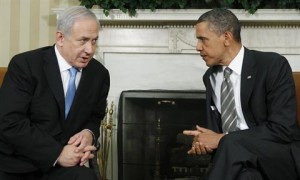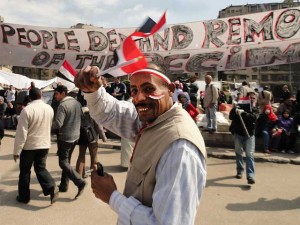 Scholars at Risk would like to draw attention to the killing of Dr. Maksud I. Sadikov, Rector of the Institute of Theology and International Relations in Russia. According to media reports Mr. Sadikov was shot to death in a car in Makhachkala, the capital of the Dagestan region, on Tuesday, June 7, 2011. The motives for this apparent assassination are not clear at this time but seem to relate to Dr. Sadikov’s efforts to promote moderate religious education in the region to counter terrorism and extremism in the Caucasus. Please see the following two articles for additional information relating to the killing of Dr. Sadikov:
Scholars at Risk would like to draw attention to the killing of Dr. Maksud I. Sadikov, Rector of the Institute of Theology and International Relations in Russia. According to media reports Mr. Sadikov was shot to death in a car in Makhachkala, the capital of the Dagestan region, on Tuesday, June 7, 2011. The motives for this apparent assassination are not clear at this time but seem to relate to Dr. Sadikov’s efforts to promote moderate religious education in the region to counter terrorism and extremism in the Caucasus. Please see the following two articles for additional information relating to the killing of Dr. Sadikov:
Rector at Muslim University in Russia Is Shot to Death
Andrew E. Kramer, The New York Times, 6/7
Senior Dagestani Muslim Killed in a Hail of Bullets
Natalya Krainova, The Moscow Times, 6/8
Please find below a compilation of articles in the news media addressing academic freedom issues over the past week.
——–
The Scholars at Risk media review seeks to raise awareness about academic freedom issues in the news. Subscription information and archived media reviews are available here. The views and opinions expressed in these articles are not necessarily those of Scholars at Risk.
BC asks for Irish project secrecy
Kevin Cullen, Boston Globe, 6/9
Annual Report 2011 of the Network of Concerned Historians
Antoon De Baets, Network of Concerned Historians, 6/8


